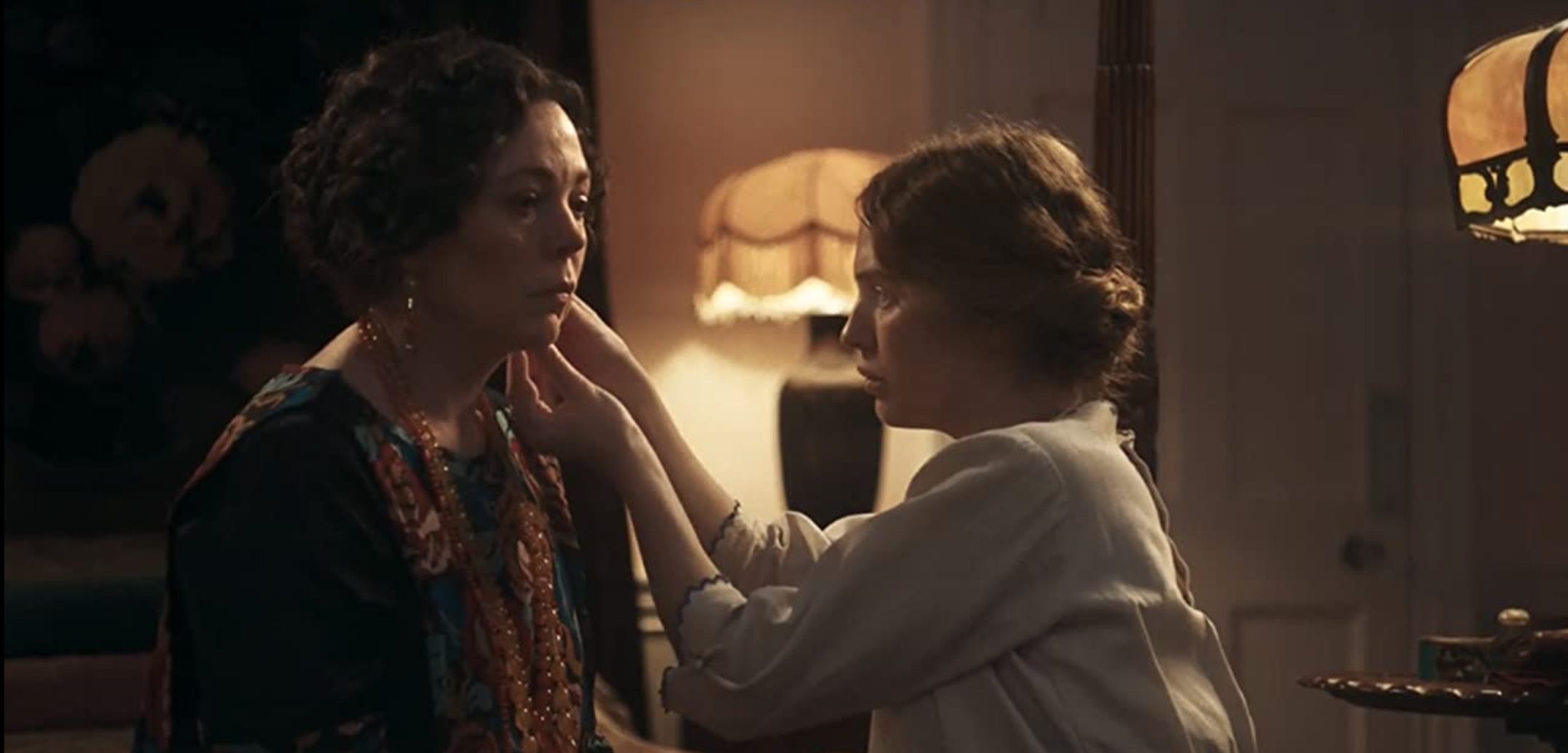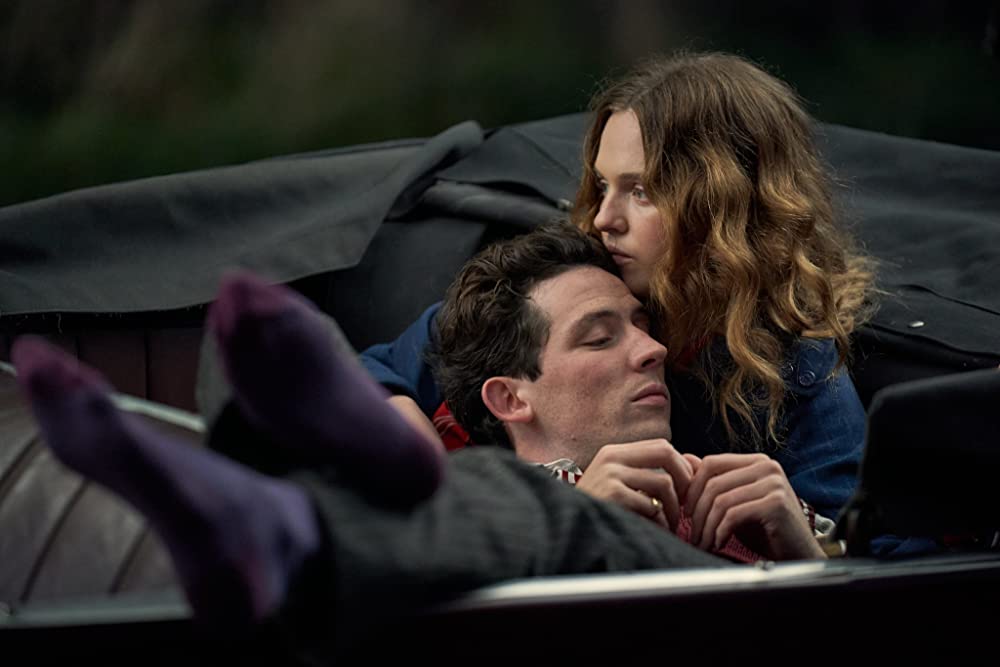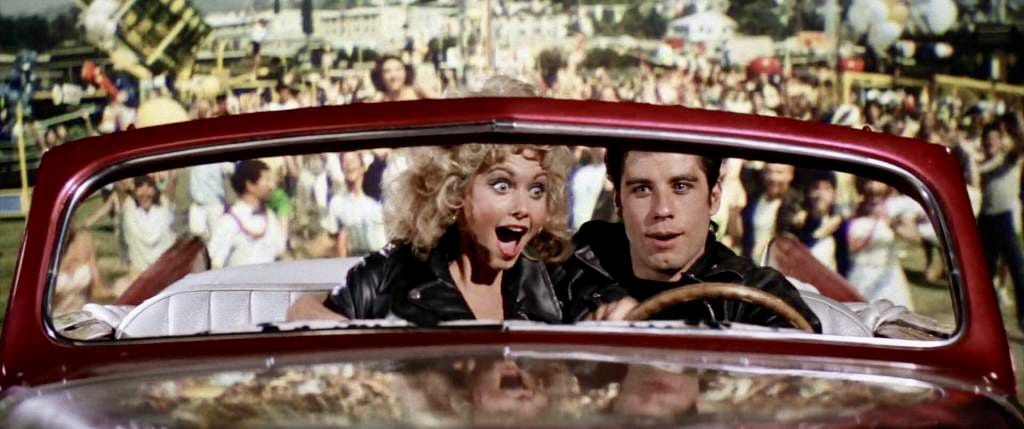By Omran Al Jallaf, Third Year, Politics and International Relations
Based on the acclaimed novel by Graham Swift, Mothering Sunday takes place largely over the course of one warm, sunny day; specifically, Mother’s Day in March of 1924.
It chronicles the passionate affair that takes place between a young orphaned maid, Jane Fairchild (Odessa Young), and Paul Sheringham (Josh O’Connor), the son of wealthy family who is engaged to be married to Emma Hobday (Emma D’Arcy), a woman from the same social class.
Since Jane does not have a mother, she originally plans to spend her day off reading in the sunshine, but then she receives a phone call from Paul telling her to come to his estate at 11:00. She rushes over on her bicycle and is met by Paul at the door. They wander around the manor, being flirtatious although a bit trite, before moving to his bedroom. They make love for a few hours, but Paul eventually begins to get dressed since he has to leave to meet his fiancée and both their families for lunch; in order to discuss the upcoming wedding.

Jane’s employers, Mr. and Mrs. Niven (Colin Firth and Olivia Colman), who have also gone to join the luncheon, are easily disposable in the short time they are on screen. The former ends up being incredibly saccharine rather than endearing, and the latter deploys her sadness over the loss of her sons to maintain an air of sour unpleasantness throughout. The role of Mrs. Niven in particular could have had potential to be a great portrayal of a character dealing with the haunting grief shared by many others in the aftermath of WW1.
The director, Eva Husson, makes a solid effort in trying to convey the dreamlike romance of the novel; the slow pan shots capturing the wind billowing through the trees in the verdant English countryside, and the sunlight hitting the lovers’ naked bodies through the windows of the grand estate. The score by Morgan Kibby was a particular highlight that added to the lush atmosphere.

Both the film and the novel move back and forth in time to tell Jane’s story; touching on her past as an orphan and the beginning of her affair with Paul, but focusing more on her life after leaving the Niven’s household to begin a lengthy and successful literary career. Despite the similarities and Husson’s commitment to creating a faithful adaptation, something is still missing.
Somehow, Swift’s slim novel has a deeper, more lasting effect in comparison to the film. The main characters are more vibrant, and the heady sensuality of the affair is fleshed out better; making it all the more erotic but still maintaining its romantic essence. It also shows how masterful Swift is at his craft – the novel is abundant with profound statements on love, life, and what it means to be a writer that the film lacked. This aspect is truly what sets the film and book apart.

The film is a decent, but ultimately unnecessary adaptation of a novel about the great loves of our lives, and what it means to lose them. The main takeaway: read the novel to gain a fuller experience of a moving, unforgettable story.
Featured Image: IMDB
Will you be seeing Mothering Sunday this weekend?









